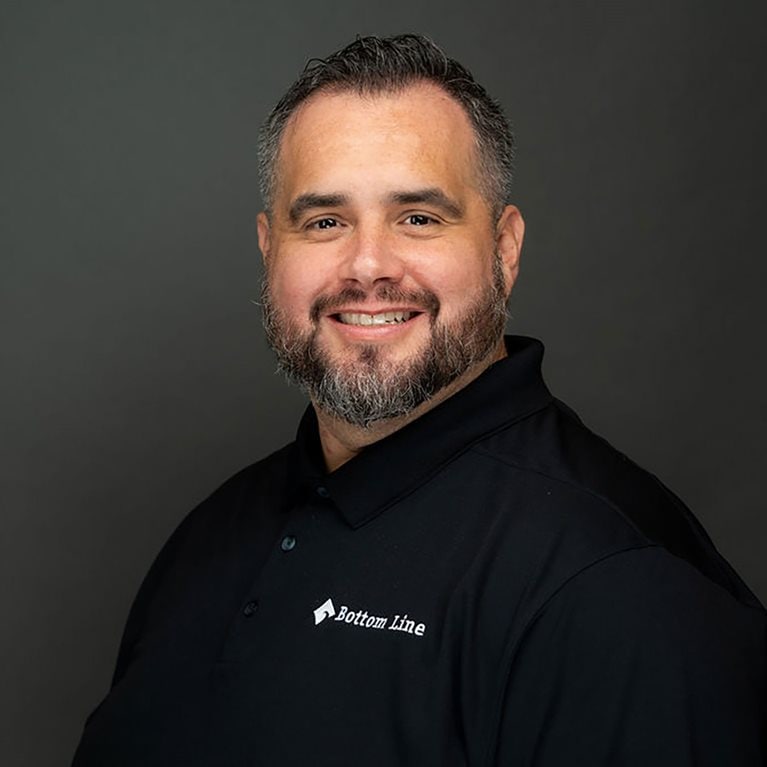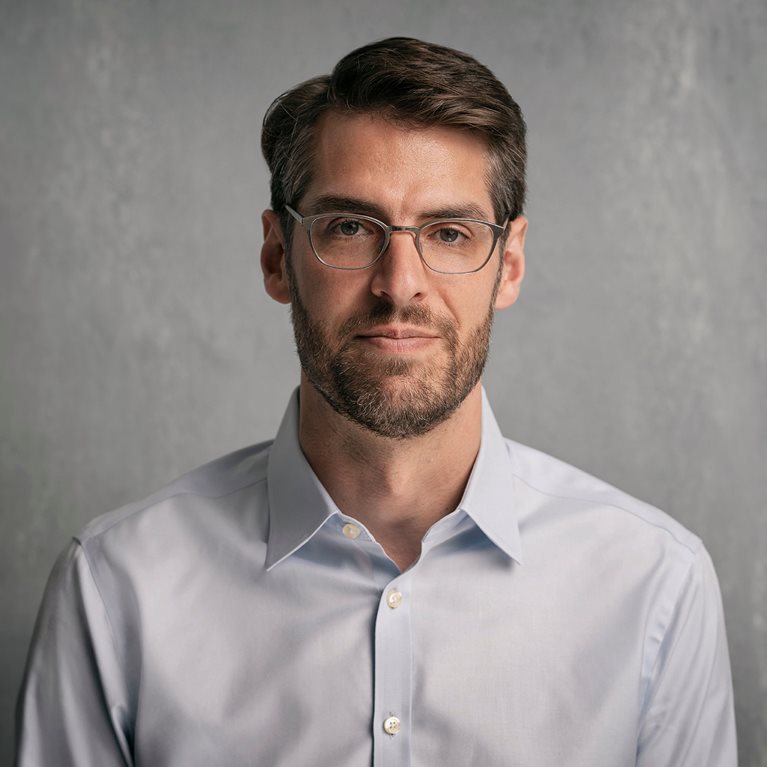Bottom Line is reaching new heights. The nonprofit organization is dedicated to increasing college graduation rates of first-generation students from low-income backgrounds. Founded in 1997, it currently serves 7,000 students and operates in Boston, Chicago, and New York City.
Its ambition is to reach over 20,000 students annually, and it has the momentum to get there: A study published in 2021 found that students working with Bottom Line had a 23 percent higher graduation rate in four years and 19 percent higher rate in six years than a control group. In 2022, MacKenzie Scott recognized the organization’s impact with a $15 million grant.

But expansion can be fraught, especially for a national organization whose success is dependent on community partnerships. In addition, the pandemic threw a wrench in Bottom Line’s plans. It was a happy surprise, then, when McKinsey reached out to the organization in 2022 and suggested a pro bono partnership on a growth strategy.
“Bottom Line had demonstrated that their model, centered on advising, was very effective,” says Ted Rounsaville, a McKinsey senior expert focused on advising universities on strategy and operations. “It was clear that this was the organization to partner with to make a difference in the lives of future college graduates.”
Though Bottom Line had two expansion cities under its belt, according to Steve Colón, CEO since 2018 and himself a first-generation college graduate, it was hoping to improve future rollouts.
“In the past, we had essentially just shown up in a city and made it work. It wasn’t part of an overall plan,” he says. “What was really valuable in the partnership with McKinsey was we matured and professionalized our view of what is required to grow and expand the high-quality program that we have.”
Opening a new location
Bottom Line offers dedicated advising to high school seniors on the college application process and then support for up to six years during their studies. It partners with high schools to recruit students and has relationships with a network of local colleges that most students attend. Much of its funding comes from local sources. Putting all these elements in place requires careful choreography.
“You can only move at the speed of relationships, and we want to go where we are invited in,” says Steven.
With McKinsey’s guidance, Bottom Line hired centralized staff to explore new cities, look into new relationships, and build regional success guides.
“In the past, we may have picked a location based on need without necessarily determining our ability to successfully replicate our model in that community. Now, if we get to a city and it becomes clear it’s not the right place for us—and we’ve had that happen—McKinsey’s process means we haven’t spent too many resources to get to that point,” Steven says.
This deep groundwork led to identifying Dayton, Ohio, as the next expansion office, with services offered there, Cincinnati, and Columbus. New, regional staff members are in place, and recruiting for students is underway so services can begin this summer.
If we get to a city and it becomes clear it’s not the right place for us—and we’ve had that happen—McKinsey’s process means we haven’t spent too many resources to get to that point.
A new method of reaching students

One of the lessons from the study that affirmed Bottom Line’s impact was the strength of its model.
“The rigorous program model that Bottom Line has developed over the years is what drives its success,” says Ted. “We were excited about the potential for how the model could be brought to other organizations, reaching more students and creating a new revenue stream.”
This was exciting to Steven, because “Bottom Line won’t be able to open in every community that needs it.” It created a training and capacity-building program for other professionals working with students on college success. Rolling it out would be uncharted business territory.
“McKinsey helped bring this to market: identify our potential customers and target markets, and what profitability and sustainability look like,” Steven says.
Ready for the future
Still in its early stages, the training has reached around 200 people. But Steven is encouraged by what he has seen and is ready to step on the gas. What does that entail? Although there are a few options for how to do this, what’s most important is that he feels the organization is well positioned to determine a path.
“We’re in an iterative design phase for this rollout and all of our strategic work, and it’s all because we’ve made sound initial plans,” he says. “We’re learning and updating as we go.”
To cement a culture and processes of planning, McKinsey provided Wave, one of the firm’s platforms for conducting large-scale transformations and benchmarking progress, and worked with Bottom Line’s senior leadership team on leadership skills, helping to build trust, cohesion, and performance across the organization.
“It’s the type of capacity-building moment I’ve been wishing to bring to this organization for years,” says Steven.
To learn more about Bottom Line and its support from McKinsey, read their 2023 Annual Report.